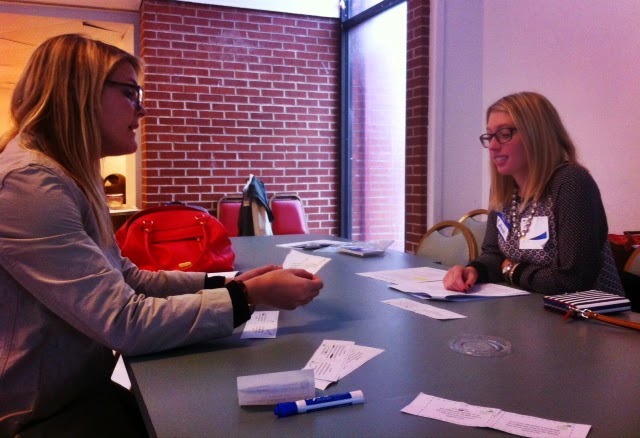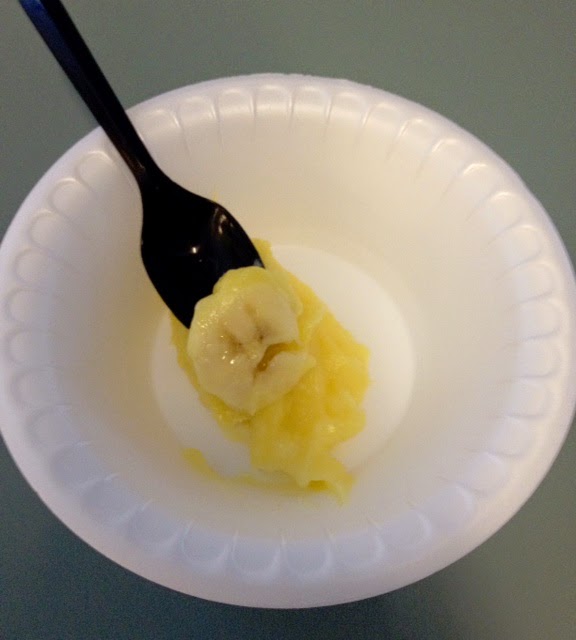That’s right… time to get moving and out in the community –
well for me at least. After spending months in a clinical setting working in
different hospitals, the time has come for me to experience what else the
dietetics field has to offer. I began my two-week community rotation at
Moveable Feast, a non-profit organization in Baltimore, Maryland that provides
“nutritious meals and other services at no
cost to people who are sick and need support.”
Some of the “other” services include nutrition counseling where
Registered Dietitians come in to place. They provide nutrition assessments to
clients at home or in office. During my rotation, I had the opportunity to work
with a variety of clients in both settings. I didn’t think I would use the same
skill set in a community setting that I had learned during my time in clinical
rotations, but found that the assessments weren’t that different at all. I
actually learned that I enjoyed visiting clients more at home. I was able to
view the client’s living style, see their food availability and they often felt
more comfortable in their own home than at a hospital where they are often sick
and not feeling well. I loved developing deeper relationships with the clients
and felt that I was able to make a better nutritional assessment in the comfort
of their own home.
Moveable Feast specifically works with HIV/AIDS clients and
those with life-changing medical conditions. Malnutrition and poor appetite is
often a side effect and I was able to enhance my nutritional skills with
repetitive practice.
Not only did I put my clinical skills to use at Moveable
Feast, but also had the opportunity share my technical skills creating
infographics and developing recipes for their culinary class. We had a guest
baker come in and teach the class how to make two different healthy holiday
recipes and take baked goods home with them.
I was pleasantly surprised to see how much I enjoyed working
in the community setting, despite my dream to have a career as a clinical
registered dietitian. I loved the idea of regularly working with clients and
monitoring their nutritional changes. Although I finished my rotation before
Christmas, I volunteered to deliver meals on Christmas morning. The regular
drivers for Moveable Feast are given the day off on Christmas and the entire
community and state pitches in to deliver meals to every client on Christmas
day. It was a great way to start my Christmas morning and reminded me how lucky
and truly blessed I am to have had such a great experience. I shared with my
family and friends my experiences with Moveable Feast and it is definitely an
organization I hope to continue to work with. My final takeaway from my
community rotation was to stay open-minded. You may have an idea of what you
would like to do as a career, but never close the door to other options.

















